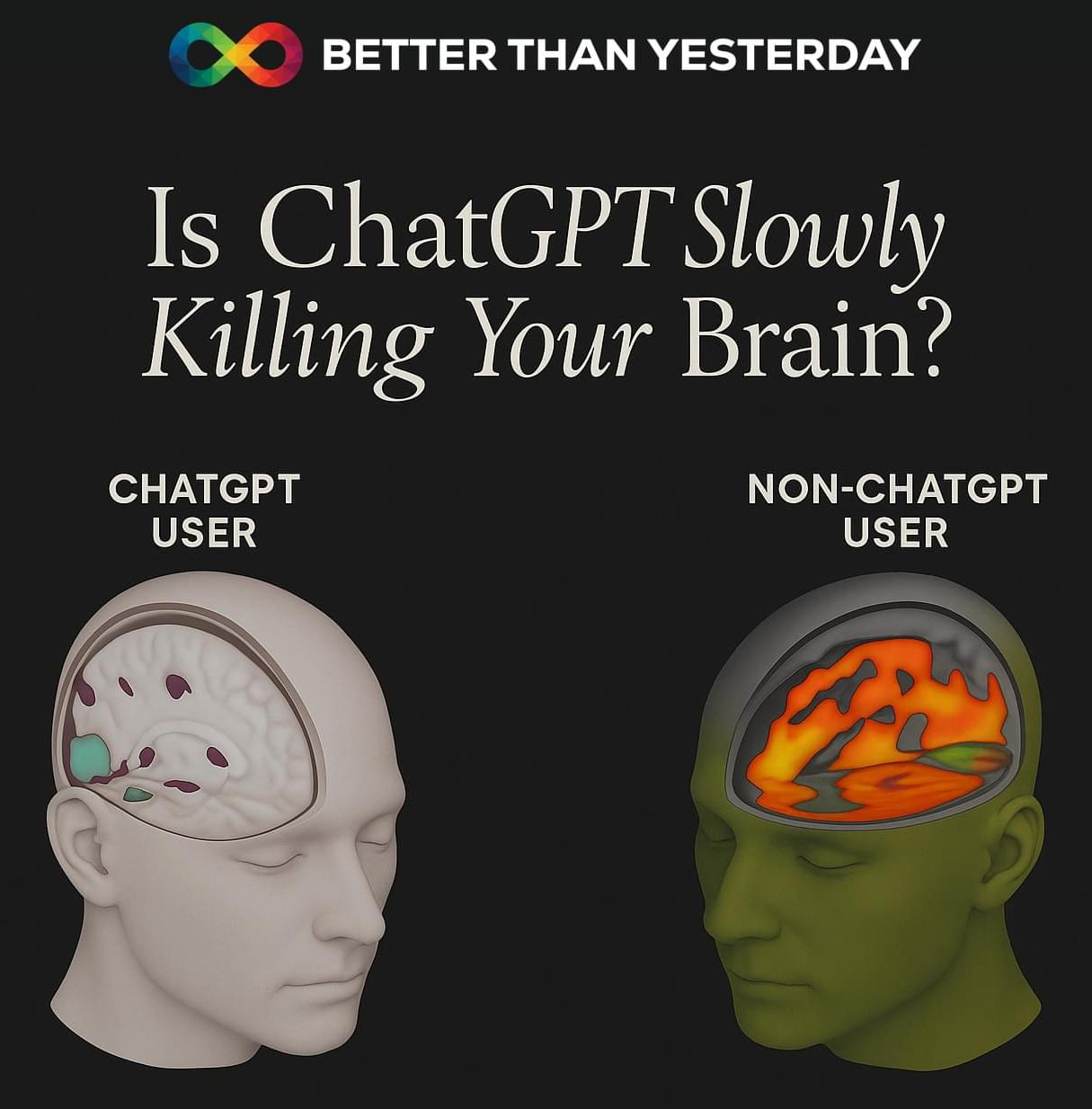Introduction
Welcome back to Controversies, the series where we slice through AI buzz to expose the next flashpoint. Today’s spotlight shifts from the coding terminal to the blank page—and to the neural circuits that spark (or don’t) while words appear onscreen. A fresh MIT Media Lab study raises an unsettling question: What happens to our minds when ChatGPT drafts our prose?
The researchers wired up college writers with 32-channel EEG caps and discovered a pattern as stark as it is sobering: polished essays, muted brainwaves, and writers who couldn’t quote a single line they’d just “authored.” Each slick prompt also burned about 10× more electricity than a standard search, hinting at an environmental tab the hype rarely mentions. So before you hit “Regenerate” for the fifth time, ask yourself whether the convenience is worth the cognitive—and carbon—cost.
In this edition, we’ll probe:
Cognitive Debt – Why heavy LLM use flattens fronto-parietal activity and what that means for deep thinking.
Memory & Ownership – How 83 % of ChatGPT users forgot their own sentences seconds after submission.
Withdrawal Shock – The neural whiplash when habitual AI writers go cold turkey.
Buckle up: we’re diving into a world where “effortless” writing might be quietly taxing the very organ that makes us human.



